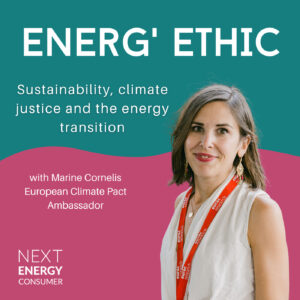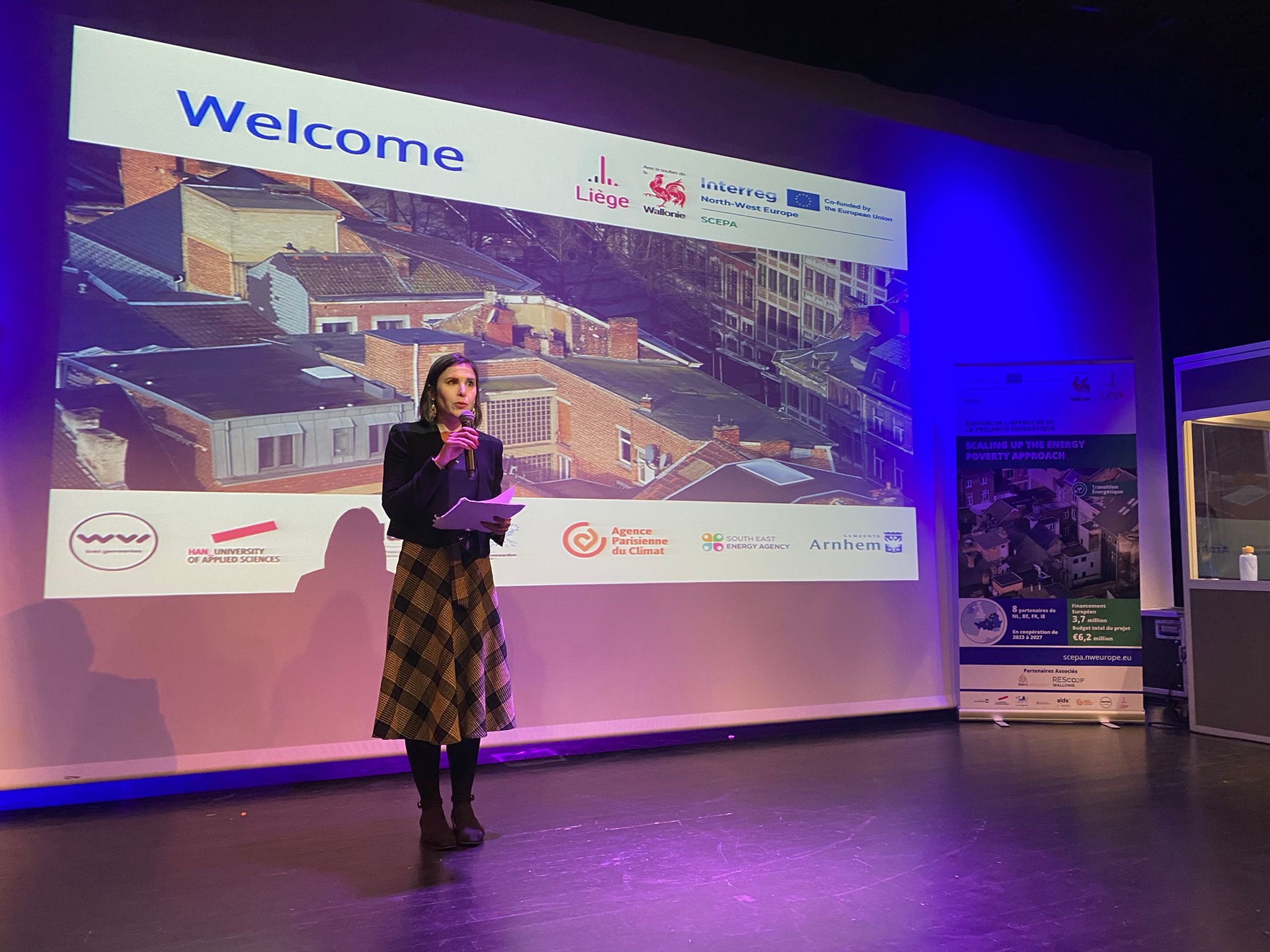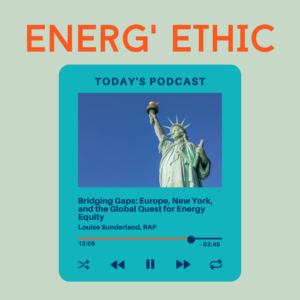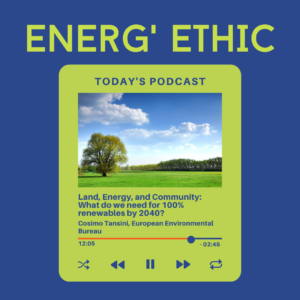What makes an energy community a powerful agent of change against energy poverty and for the greater good?
Yesterday, I moderated an inspiring event organized by the SCEPA INTERREG project that tackled this very question.
It’s not just about sharing clean energy.
Energy communities bring people closer to their energy sources, fostering connections that go beyond the technical.
With their deep local knowledge, they can identify specific community challenges, trigger alerts, engage stakeholders, and build strong referral networks.
They’re about activating local strategies.
By establishing champions and task forces, energy communities drive grassroots actions essential for sustainable change.
These communities aren’t just groups of people; they are dynamic forces championing both energy justice and environmental stewardship. Energy communities are more than the sum of its members.
The European Union has recognized the potential of these communities, defining them as either citizen energy communities or renewable energy communities. Both are about more than profits—they’re about environmental, economic, and social benefits.
And energy communities are proving to be indispensable in our fight against energy poverty, a plight affecting at least 50 millions Europeans.
As we face the worsening impacts of climate change, the role of these communities becomes even more crucial.
In short, it’s the energy within the community that makes the energy community.
If you’re interested in energy citizenship, don’t miss the podcast series with the EnergyPROSPECTS project (Episode 50 with Edina Vadovics and Episode 51 with Janis Brizga).




